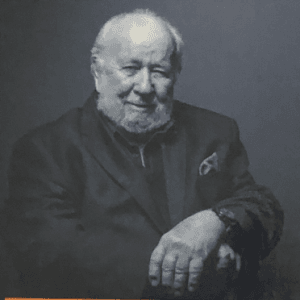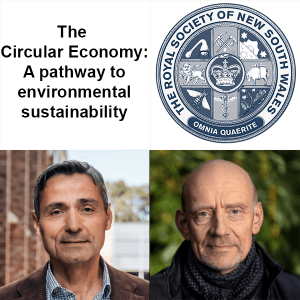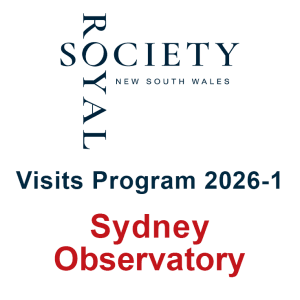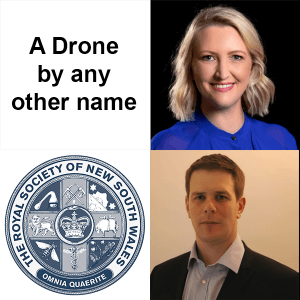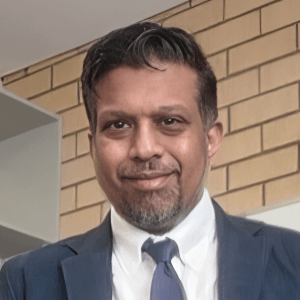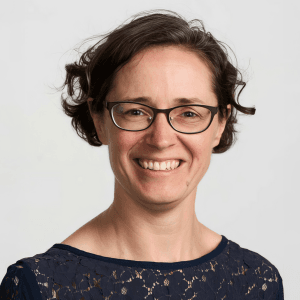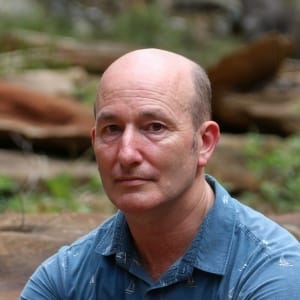
 “Brain Health Equity – a new frontier for healthy longevity”
“Brain Health Equity – a new frontier for healthy longevity”
Scientia Professor Kaarin Anstey FRSN FASSA FAHMS
Deputy Director, ARC Centre of Excellence for Population Ageing
Neuroscience Australia, UNSW Sydney
Date: Wednesday, 1 May June 2024, 6.30 pm AEST
Venue: Zoom Webinar
Video presentation: YouTube video
All are welcome
Summary: In the past 20 years, evidence has accumulated on the importance of modifiable lifestyle factors, and chronic disease which impact brain health and increase the risk of late-life neurodegenerative conditions. In the past 5 to 10 years, the evidence on environmental risk factors for neurodegenerative conditions has strengthened. However, implementing strategies to reduce risk has typically focused on individual behaviour change. In this talk, Professor Anstey will provide an overview of this evidence on dementia risk reduction and brain health promotion and outline what individuals can do to reduce their own risk of dementia. She will then discuss the socio-demographic and socio-economic factors that enable or prevent brain healthy lifestyle. I will present an argument that brain health inequity is one of the largest challenges to society and governments’ aspirations for healthy ageing.
Scientia Professor Kaarin Anstey is an ARC Laureate Fellow in the School of Psychology at the University of New South Wales (UNSW). She is also Director of the UNSW Ageing Futures Institute, and Co-Deputy Director of the ARC Centre of Excellence in Population Ageing as well as a conjoint Senior Principal Research Scientist at Neuroscience Research Australia. Anstey’s research programs focus on cognitive resilience in ageing as well as the prevention of dementia. She has developed risk assessment tools and interventions for people at risk of dementia. A second focus of her work is on older driver safety and in this field Anstey has also developed and validated risk assessment tools and interventions. Anstey is a member of the World Dementia Council.
| UNSW Sydney | |
| Date: | Wednesday, 01 May 2024, 03:40 AM |
| Venue: | Zoom Webinar |
| Entry: | No Charge |
All are Welcome


